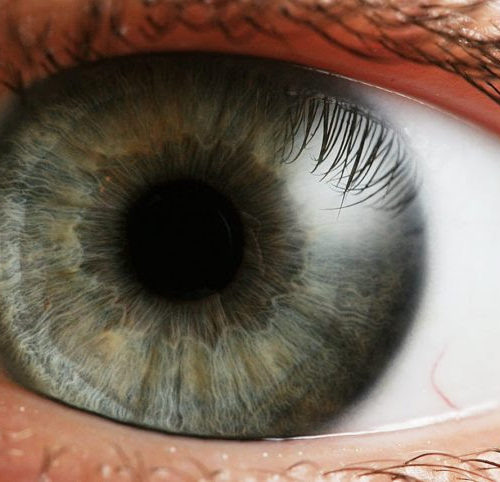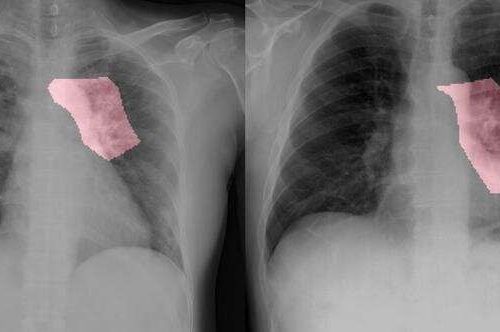Using artificial intelligence and deep learning to study cell phone images of rashes could offer a way to more accurately detect Lyme disease, researchers say. The technology can identify the erythema migrans (EM) skin redness associated with acute Lyme disease to enable more reliable screening, more accurate diagnosis, and earlier treatment. It could help avoid...
Category: <span>Artificial Intelligence</span>
AI can detect COVID-19 in the lungs like a virtual physician, new study shows
UNIVERSITY OF CENTRAL FLORIDA AI Can Detect COVID-19 in the Lungs Like a Virtual Physician, New Study Shows The new UCF co-developed algorithm can accurately identify COVID-19 cases, as well as distinguish them from influenza. ORLANDO, Sept. 30, 2020 – A University of Central Florida researcher is part of a new study showing that artificial...
AI is going to look for signs of Parkinson’s and Alzheimer’s diseases in patient’s eyes
Artificial intelligence is going to change everything, because it can analyse vast amounts of data very quickly and very accurately. It can also pay attention to the detail in a way that humans cannot match. Now scientists at Newcastle University want to employ AI to diagnose neurological diseases such as Parkinson’s and Alzheimer’s from eye...
New artificial intelligence system can empower medical professionals in diagnosing skin diseases
Researchers in Korea have developed a deep learning-based artificial intelligence (AI) algorithm that can accurately classify cutaneous skin disorders, predict malignancy, suggest primary treatment options, and serve as an ancillary tool to enhance the diagnostic accuracy of clinicians. With the assistance of this system, the diagnostic accuracy of dermatologists as well as the general public...
Researchers use open-source software to improve COVID-19 screening with AI
by University of Waterloo Researchers at the University of Waterloo have partnered with an artificial intelligence (AI) startup on a project that aims to use AI to improve COVID-19 screening. The Waterloo research team publicly released AI software that can better detect infections from chest X-rays and is looking to enlist expertise from around the...
Artificial intelligence can scan doctors’ notes to distinguish between types of back pain
THE MOUNT SINAI HOSPITAL / MOUNT SINAI SCHOOL OF MEDICINE (New York, NY – February 27, 2020) -Mount Sinai researchers have designed an artificial intelligence model that can determine whether lower back pain is acute or chronic by scouring doctors’ notes within electronic medical records, an approach that can help to treat patients more accurately,...
Artificial intelligence finds disease-related genes
An artificial neural network can reveal patterns in huge amounts of gene expression data, and discover groups of disease-related genes. This has been shown by a new study led by researchers at Linköping University. The scientists hope that the method can eventually be applied within precision medicine and individualised treatment. It’s common when using social...
Aided by machine learning, scientists find a novel antibiotic able to kill superbugs in mice
By CASEY ROSS For decades, discovering novel antibiotics meant digging through the same patch of dirt. Biologists spent countless hours screening soil-dwelling microbes for properties known to kill harmful bacteria. But as superbugs resistant to existing antibiotics have spread widely, breakthroughs were becoming as rare as new places to dig. Now, artificial intelligence is giving...
Artificial Intelligence can detect low-glucose levels via ECG without fingerpick test
A new technology for detecting low glucose levels via ECG using a non-invasive wearable sensor, which with the latest Artificial Intelligence can detect hypoglycaemic events from raw ECG signals has been made by researchers from the University of Warwick. Currently Continuous Glucose Monitors (CGM) are available by the NHS for hypoglycaemia detection (sugar levels into...
An Idea From Physics Helps AI See in Higher Dimensions
ARTIFICIAL INTELLIGENCE An Idea From Physics Helps AI See in Higher DimensionsThe laws of physics stay the same no matter one’s perspective. Now this idea is allowing computers to detect features in curved and higher-dimensional space. Computers can now drive cars, beat world champions at board games like chess and Go, and even write prose....



